Guyana yet to see huge regional investment in agri sector -Persaud
- Starbroek News
- 22 June 2009
The Guyana government has rolled out several invitations to regional investors that included land offers for agricultural purposes.
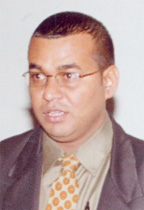
The Guyana government has rolled out several invitations to regional investors that included land offers for agricultural purposes.
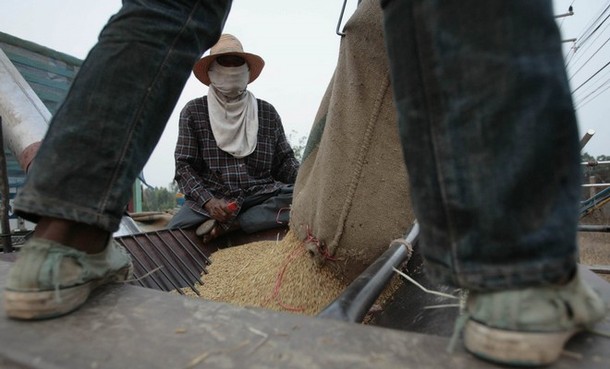
Thai rice farmers and exporters strongly oppose the Gulf Cooperation Council's interest in investing in the Thai farming sector
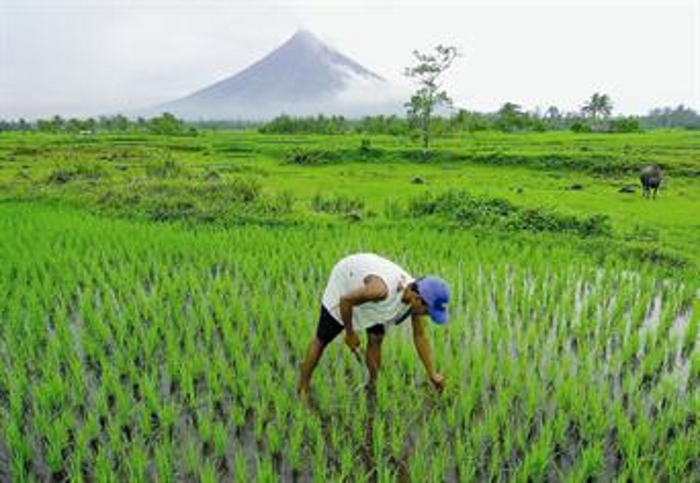
Gulf oil producers are considering plans to invest in farming projects in the Philippines to face a steady increase in domestic food demand and reduce a painful import bill, said the region's private sector leader.
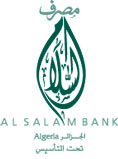
Al Salam and CP Group will jointly identify suitable agribusiness ventures that will generate attractive risk-adjusted returns while playing a proactive role in addressing food security in the region.

A hunt by investors for a bright spot in the global economic downturn has led to the farm.
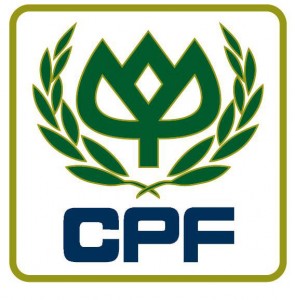
Bahrain-based Islamic bank Al Salam said on Sunday it has signed an agreement with Thailand's agriculture and food company Charoen Pokphand Foods to jointly invest in agricultural businesses.
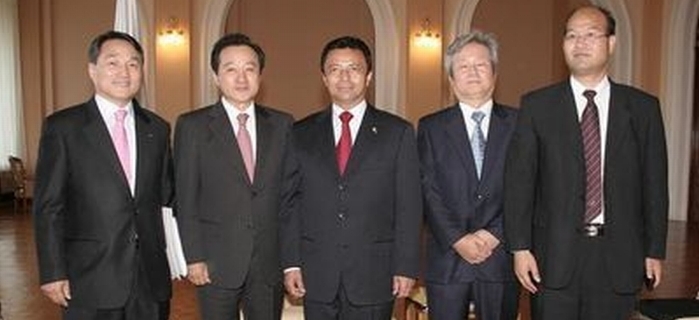
Daewoo continues to surreptitiously hold some 218,000 hectares of appropriated land in Madagascar
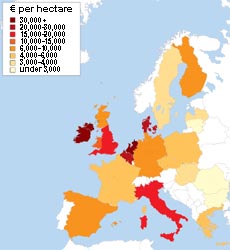
The best investment opportunities are most likely to be in areas where entry values are low or agricultural production is currently underperforming. Both these aspects could apply to parts of Central Eastern European Countries, South America or other developing markets.
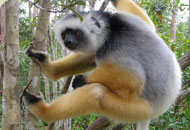
Support our protest with a letter to Ahn Yong Nam, president and CEO of Daewoo Logistics Corp. Urge Daewoo to bring clarity and transparency to the public about the announced contract with the Madagascan government, and their contents and conditions.

"We have our experiences about foreign ownership of land in Mindanao, where Dole and Del Monte controlled hundreds of thousands of hectares of lands, through leaseback agreements, cultivating their raw materials, thus, peasants have been transformed to mere lowly agricultural workers whose rights of their lands have been stripped off," said Antonio Flores, KMP Spokesperson.
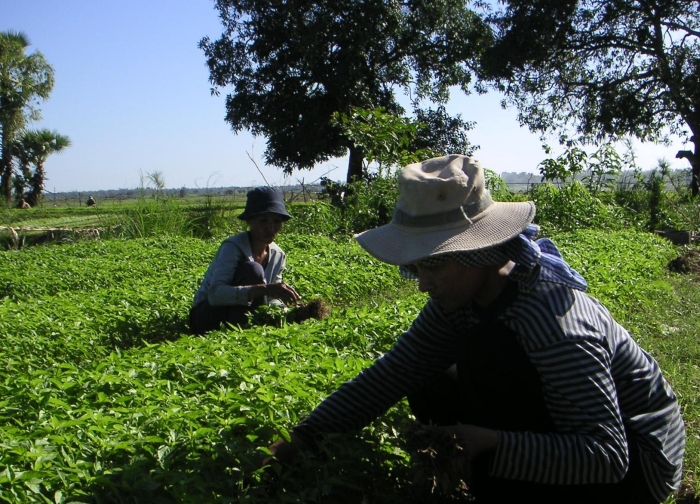
At least six Singaporean companies want to start joint ventures with Cambodian partners to invest in the Kingdom's agricultural sector.
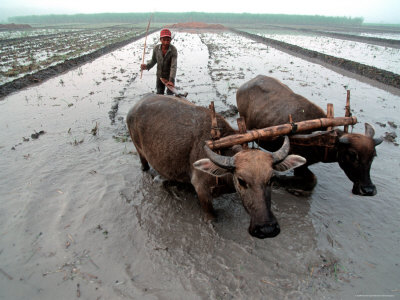
If Indonesia decides to go ahead with leasing farmland, it should do so with caution, keeping an eye on both the risks and the opportunities. We need to understand that we have a very strong bargaining position.